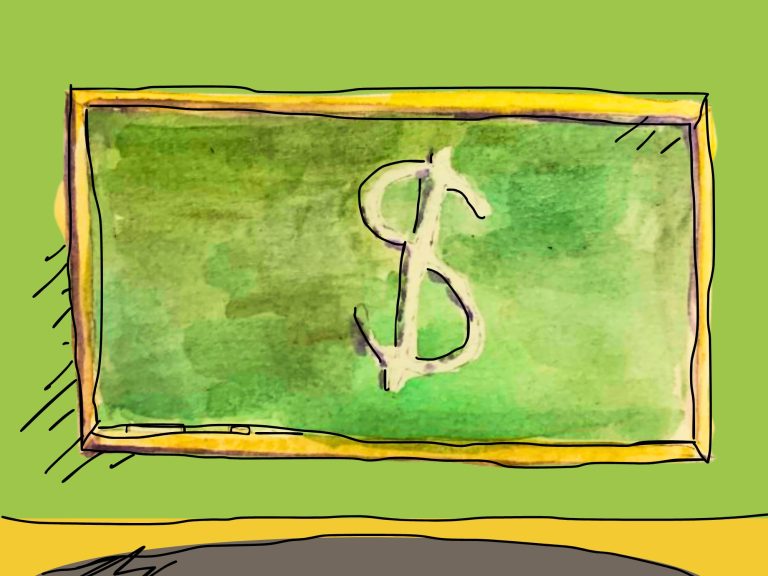Stock prices rise and fall, companies change managers, and inflation rates change. But if there's one thing that hasn't changed about the economy, it's the average American's disinterest in it.
The mood as we approach 2024 is grim. The Wall Street Journal recently reported that “there is a surprising disconnect between widely shared pessimism among Americans and indicators that the economy is actually strong.” . CNBC supported this sentiment, asking, “Why do average Americans feel so bad about an economy that is otherwise considered strong?”

There are many good reasons to still feel angry about the economy. Global conflicts, continued high prices, and the general disruption of the US election, to name a few. But I find it almost darkly comical that this disconnect “confounds” even economists, as the Wall Street Journal puts it.
A question arises here. Since when did the average American actually have the opportunity to understand economics and finance?
Financial literacy in America is the worst. “Only about one-third of Americans have a good understanding of interest rates, mortgage rates, and financial risks,” Time said, “costing Americans more than $415 billion in 2020 alone. It is presumed that he gave it.”
So if Americans have few tools to understand even basic financial information, it's no surprise that they don't act on the economy the way experts expect them to.
In a report conducted by Champlain College, states were graded on how they teach financial literacy to high school students, and only seven of the 50 states received an A. Considering my level of financial means, I wasn't surprised to learn that my home state of California got her F. My education was a half-semester economics class, and there wasn't even a mention of 401k's or Roth IRA's. Massachusetts also received an F.
Our schools don't teach us the tools to grow, which consistently hurts Americans and disproportionately impacts BIPOC individuals.
The education system needs to change its approach to education. Instead of offering the standard algebra, precalculus, and calculus pathway, there should be an option to take courses in mathematical finance or more cross-cutting economics.
Increasing financial literacy classes has proven beneficial for students and communities. A study released in 2015 by financial industry regulator the Investor Education Foundation looked at Georgia, Texas and Idaho and all said they needed financial education. Credit scores increased and delinquency rates decreased.
Selfishly, I believe that people will like math more if we offer alternative financial math classes. When I tell people I'm a math major, I usually get a mixture of disgust and fear, and honestly, that's to be expected. So many people shy away from math because much of it taught in school feels irrelevant both to their personal lives and to the many careers people pursue.
In fact, not many people are interested in tangents or rates of change, and many people simply don't use some of the math they learn in high school, or at least don't know how to apply it to their personal matters. .
Teaching finance-specific mathematics, such as compound interest and investment-related probabilities, can have a more direct impact on people's lives. Many people don't have generations of financial knowledge.
America is basically run by money. What's the point of learning English or science in high school if you don't also learn how to live a real life?


